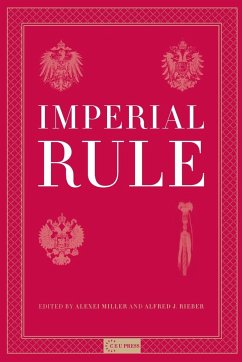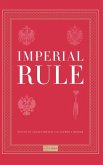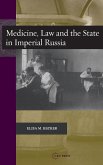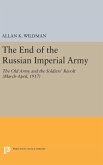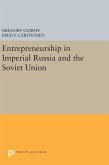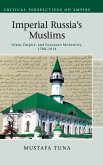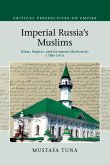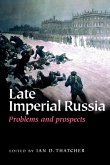Renowned academics compare major features of imperial rule in the 19th century, reflecting a significant shift away from nationalism and toward empires in the studies of state building. The book responds to the current interest in multi-unit formations, such as the European Union and the expanded outreach of the United States. National historical narratives have systematically marginalized imperial dimensions, yet empires play an important role. This book examines the methods discerned in the creation of the Habsburg Monarchy, the Ottoman Empire, the Hohenzollern rule and Imperial Russia. It inspects the respective imperial elites in these empires, and it details the role of nations, religions and ideologies in the legitimacy of empire building, bringing the Spanish Empire into the analysis. The final part of the book focuses on modern empires, such as the German "Reich." The essays suggest that empires were more adaptive and resilient to change than is commonly thought.
Hinweis: Dieser Artikel kann nur an eine deutsche Lieferadresse ausgeliefert werden.
Hinweis: Dieser Artikel kann nur an eine deutsche Lieferadresse ausgeliefert werden.
